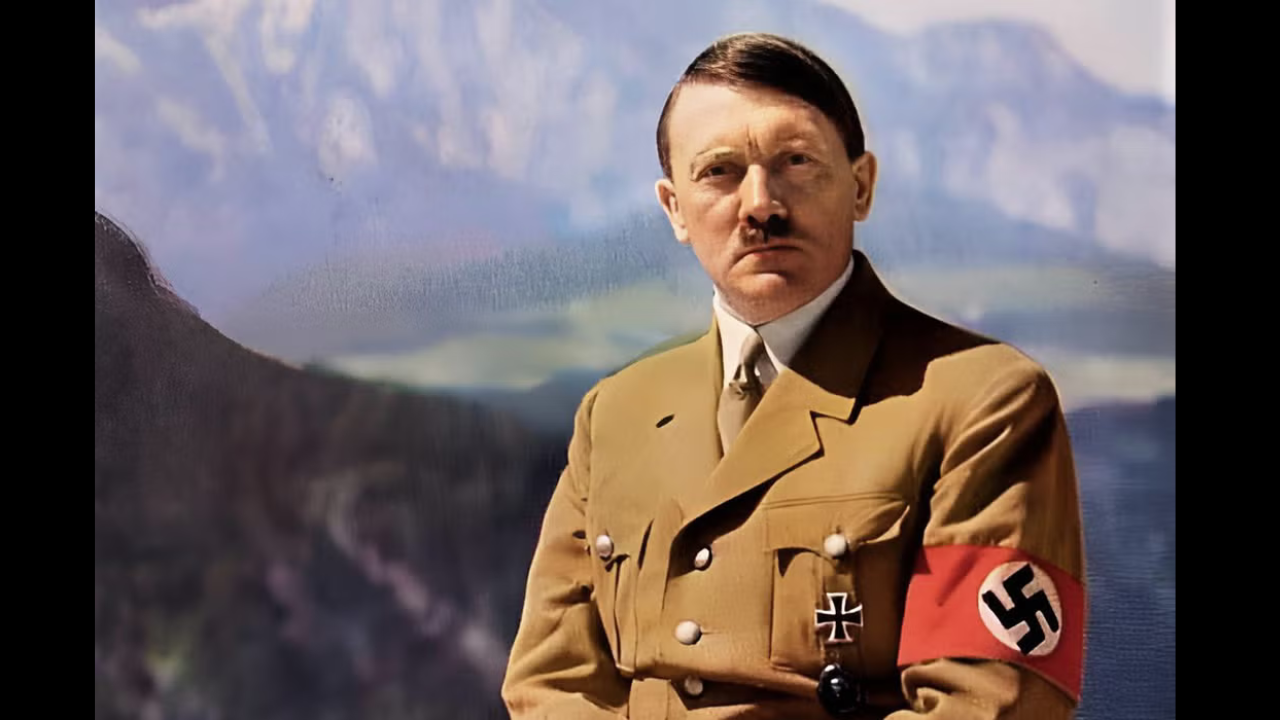Adolf Hitler’s rise to power and the subsequent outbreak of World War II remains one of history’s most studied periods. While Hitler’s ideology and ambitions were the primary drivers of Nazi Germany’s aggression, Britain’s policy of appeasement during the 1930s played a critical role in emboldening him. Far from containing the Nazi threat, British appeasement allowed Hitler to grow more confident, consolidate power, and push Europe to the brink of war.
What Was Appeasement?
Appeasement was a diplomatic policy pursued primarily by Britain (and to some extent, France) in the 1930s. The policy sought to avoid conflict by making concessions to aggressive powers like Germany. Leaders such as British Prime Minister Neville Chamberlain believed that accommodating Hitler’s demands would maintain peace in Europe. However, this approach underestimated Hitler’s expansionist ambitions and gave him the breathing room to rearm and destabilize Europe.
The Seeds of Appeasement
- The Treaty of Versailles: Britain’s leniency toward Hitler was partly rooted in guilt over the harsh terms of the Treaty of Versailles (1919). Many British leaders felt the treaty, which imposed severe economic and territorial penalties on Germany, was overly punitive and contributed to German resentment. This sentiment made Britain more inclined to tolerate Hitler’s early violations of the treaty, such as rearmament and territorial expansion.
- Fear of Another War: Memories of the devastation of World War I loomed large in Britain. Political and public opinion strongly favored avoiding another conflict at all costs. This fear of war made Britain hesitant to confront Germany, even when Hitler’s actions blatantly violated international agreements.
- Economic Concerns: The Great Depression of the 1930s left Britain economically weakened. With limited resources, many in the British government believed they were unprepared for a military confrontation and opted for diplomacy instead.
Key Moments of Appeasement
- The Remilitarization of the Rhineland (1936): In clear defiance of the Treaty of Versailles, Hitler sent German troops into the demilitarized Rhineland. Britain and France, though alarmed, did nothing to oppose the move. This lack of resistance emboldened Hitler, who later described the Rhineland gamble as one of his most critical victories.
- The Anschluss (1938): Hitler annexed Austria into Germany in March 1938, another violation of the Versailles Treaty. Britain again chose not to intervene, rationalizing that Austrians largely supported the unification. This further emboldened Hitler, showing him that Britain would not act against his territorial ambitions.
- The Munich Agreement (1938): The Munich Agreement was the pinnacle of appeasement. Britain and France allowed Germany to annex the Sudetenland, a region of Czechoslovakia, under the pretext of protecting ethnic Germans living there. Chamberlain infamously declared it as securing “peace for our time.” However, this concession only whetted Hitler’s appetite for further aggression.
- The Betrayal of Czechoslovakia (1939): Despite promising no further territorial expansion, Hitler invaded the rest of Czechoslovakia in March 1939. By this point, the illusion of appeasement as a means of peace was shattered, but Britain’s earlier inaction had already strengthened Hitler.
Britain’s failure to act against Hitler’s early violations convinced him that he could achieve his goals without significant opposition. This emboldened him to take increasingly aggressive actions, culminating in the invasion of Poland in 1939. By turning a blind eye to German rearmament, Britain gave Hitler the opportunity to build a formidable military machine capable of waging large-scale war.
Britain’s appeasement alienated potential allies like the Soviet Union, which viewed Western powers as unreliable. This contributed to the Nazi-Soviet Non-Aggression Pact, which paved the way for Germany’s invasion of Poland.
The repeated concessions made Britain and France appear weak, undermining their credibility and emboldening not just Germany but also other aggressive powers like Italy and Japan.
The policy of appeasement ultimately failed, with Britain declaring war on Germany after the invasion of Poland in September 1939. The lesson of appeasement is clear: unchecked aggression only emboldens dictators. While diplomacy is vital, it must be balanced with firmness and the readiness to act when international norms are violated.
Britain’s appeasement of Hitler in the 1930s inadvertently facilitated his rise to power. By prioritizing short-term peace over long-term security, Britain allowed Hitler to grow stronger and plunge the world into a devastating war. The era serves as a cautionary tale, reminding us of the dangers of appeasing aggressors and the need for vigilance in defending international stability.

